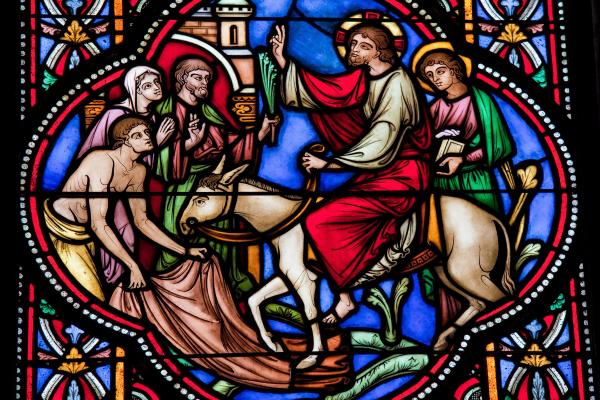Protests in Ferguson, rallies in Hong Kong, and the Occupy Movement: People challenging systems and structures clamber for my attention. But faithful followers of Jesus shouldn’t get involved in these political and economic wrangling, should they? Sure, we ought to pay our taxes and vote; you know, give to Caesar and all that. But Christians should only be concerned about the spiritual transformation of individuals, not gallivanting around to rail against political and economic systems. After all, Jesus never protested political or economic policies did he? If we transform enough people, won’t the rest of the systemic issues work themselves out?
I have heard this challenge to Christian involvement in social movements numerous times, and it holds a certain appeal for someone like me who is allergic to politics. I’m the no-bumper-sticker, no-yard-sign guy who would just as soon steer a discussion away from upcoming elections than face the discussion of large-scale political or economic issues. I’d much rather focus on individual spirituality. After all, Jesus never did march on Rome or speak out against Caesar’s cruel dictatorship. He doesn’t mean for us to get mixed up in social, political or economic activism.
Or does he? I am learning to re-examine the cultural lenses by which I encounter Christ in scriptures.
Read the Full Article

